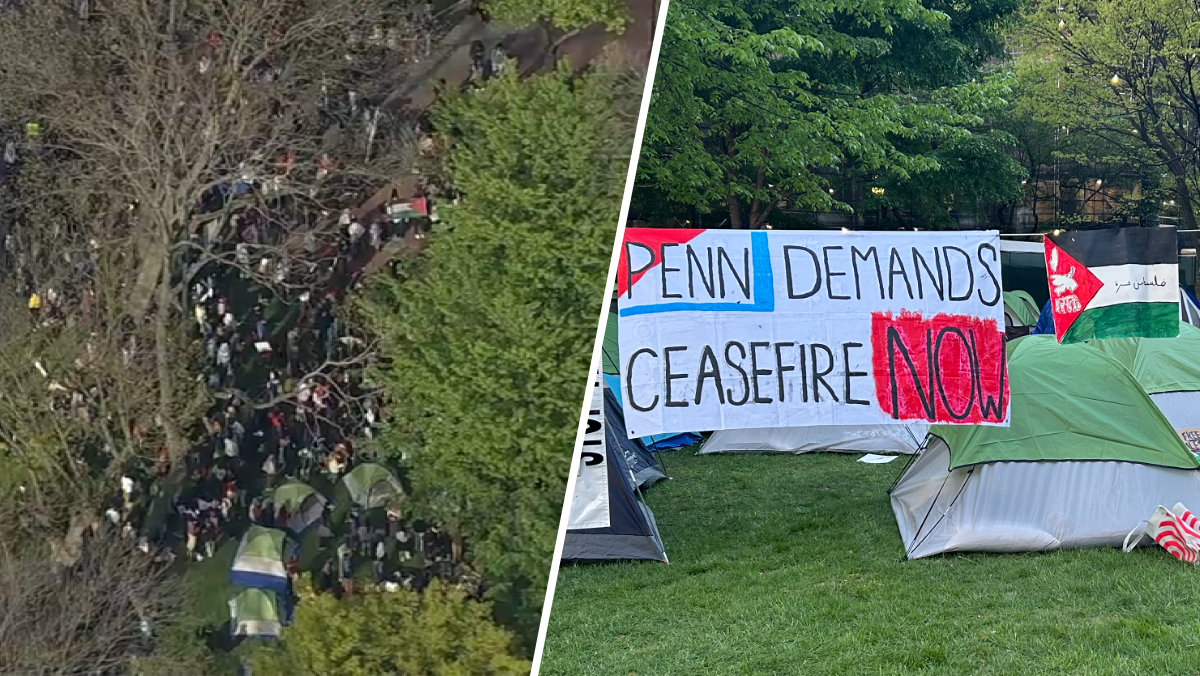New Jersey and Pennsylvania will lose a little clout in Washington when their congressional delegations are downsized by one member each based on new population data released Tuesday.
Pennsylvania’s delegation is dropping from 19 to 18 representatives despite 2.6-percent population growth to more than 12,281,000 people, according to the 2010 Census.
The data from the 2010 Census also shows that while New Jersey remains the most densely populated in the country, it grew at a less robust pace than most other states. It is currently the country's 11th most populated state with 8.8 million residents, slipping two notches from 9th place in 2000 even after gaining 400,000 residents in the past 10 years.
As a result, New Jersey will lose one of its 13 seats in the U.S. House of Representatives in the next election in 2012.
“It means a smaller voice in national affairs,” Ernest Reock, a professor emeritus at the Center for Government Services at Rutgers University and a former redistricting committee staff member, said when asked to sum up the effect on Garden State voters.
The loss of a seat also means there will be one less lawmaker in Washington advocating for a return of federal dollars to New Jersey, said Assemblyman John Wisniewski, who heads the Democratic State Committee.
Congressional districts that will be newly drawn next year will each contain 710,000 residents, about 60,000 more people than each district has now.
Politics
The numbers will trigger a high-stakes process where the dominant party in each state gets the chance to redraw the election map, shaping the political landscape for the next 10 years.
In New Jersey, a bipartisan commission is assigned to do the redistricting. Republicans and Democrats have not yet begun meeting to determine how the new congressional districts will be drawn.
Republican Gov. Chris Christie on Tuesday predicted a partisan squabble.
“It'll be intensely partisan because someone's going to lose a seat,” Christie said after signing a bill capping arbitration awards in Wayne. “The Democrats will want the Republicans to lose a seat and the Republicans will want the Democrats to lose a seat.
There'll also be elements of fact that will hopefully be injected into it regarding where the population growth has been and what are appropriate ways to draw districts.”
Nationally population growth was at it’s lowest rate in generations.
The Census Bureau announced Tuesday that the nation's population on April 1 was 308,745,538, up from 281.4 million a decade ago. The growth rate for the past decade was 9.7 percent, the lowest since the Great Depression. The nation's population grew by 13.2 percent from 1990 to 2000.



